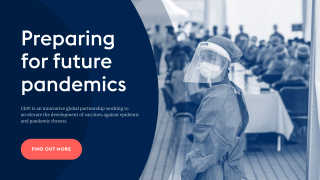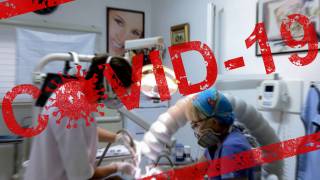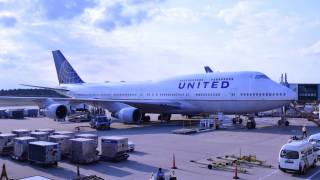Enhancing Oral Health Avoids Infection from Ventilators

A new report from the DentaQuest Partnership for Oral Health Advancement reinforces the connection between oral health and overall health and underscores the breadth of health issues, including ventilator-associated pneumonia (VAP).
A key finding from this new report published on September 16, 2020, at least 1 preventive dental visit within 3-years reduced the likelihood of a VAP diagnosis by 22%.
Furthermore, for each additional routine dental visit, the patient had within the previous 3-years of being put on a ventilator, the predicted probability of VAP diagnosis decreased by 5%.
The COVID-19 pandemic made media headlines in part because more patients than ever were relying on mechanical ventilation to survive. These ventilated COVID-19 patients already have depressed immune systems, making them more prone to secondary infections, including those caused by bacteria that grow in the oral cavity and actively travel to the lungs.
These patients are highly susceptible to VAP, compounding the risk of adverse outcomes, including death. VAP is likely to occur in about 20% of patients who are mechanically ventilated for 48-hours or more.
VAP is the second most common hospital-acquired infection (HAI) and the leading cause of HAI deaths among critically ill patients.
Both serious and deadly, VAP commonly occurs when a patient is connected to mechanical ventilation and bacteria travel from the oral cavity or breathing equipment into the lungs.
The airway tube disrupts natural defenses that help maintain a healthy oral microbiome, which refers to a healthy balance of organisms within the mouth and throat that protect against disease. This disruption creates an environment ripe for pathogens and thus increases the risk of superinfections like VAP, particularly among already critically ill patients.
This study included 9,279 Medicaid patients who relied on mechanical ventilation for 48 hours or longer. Within this cohort, 14% (1,284 patients) were diagnosed with VAP.
Given that VAP commonly stems from bacteria that travel from the mouth to the lungs, we examined VAP incidence data and past routine preventive dental visit data.
These findings reveal the importance of ongoing preventive oral care because neglected or ineffective oral care negatively impacts a patient’s oral microbiome, making these patients more susceptible to bacteria-related hospital infections. The tooth surface, when not cleaned, may harbor pathogenic organisms.
This means, routine dental visits prevent bacteria and plaque accumulation, so fewer pathogens exist in the mouth, said this report.
Specifically, this evidence makes the case that the best way to prevent VAP is three-fold. First, promote effective oral healthcare and behaviors in the community; next, be attuned to historic disparities and thus heighten effective oral care for patients in anticipation of VAP; and third, effectively and fully implement oral care management protocols for all ventilated patients.
More generally, these researchers stated: ‘the findings reinforce the connection between oral health and overall health and underscore the breadth of health issues that ongoing oral health care can protect against.’
‘If we can increase the number of people getting preventive oral care, particularly within the highest risk communities, we can significantly reduce the incidence of oral disease and thus the burden on our health care system and patients’ lives — regardless of coronavirus or any future pandemic.’
CoronavirusToday publishes research-based COVID-19 pandemic news.
Our Trust Standards: Medical Advisory Committee
























